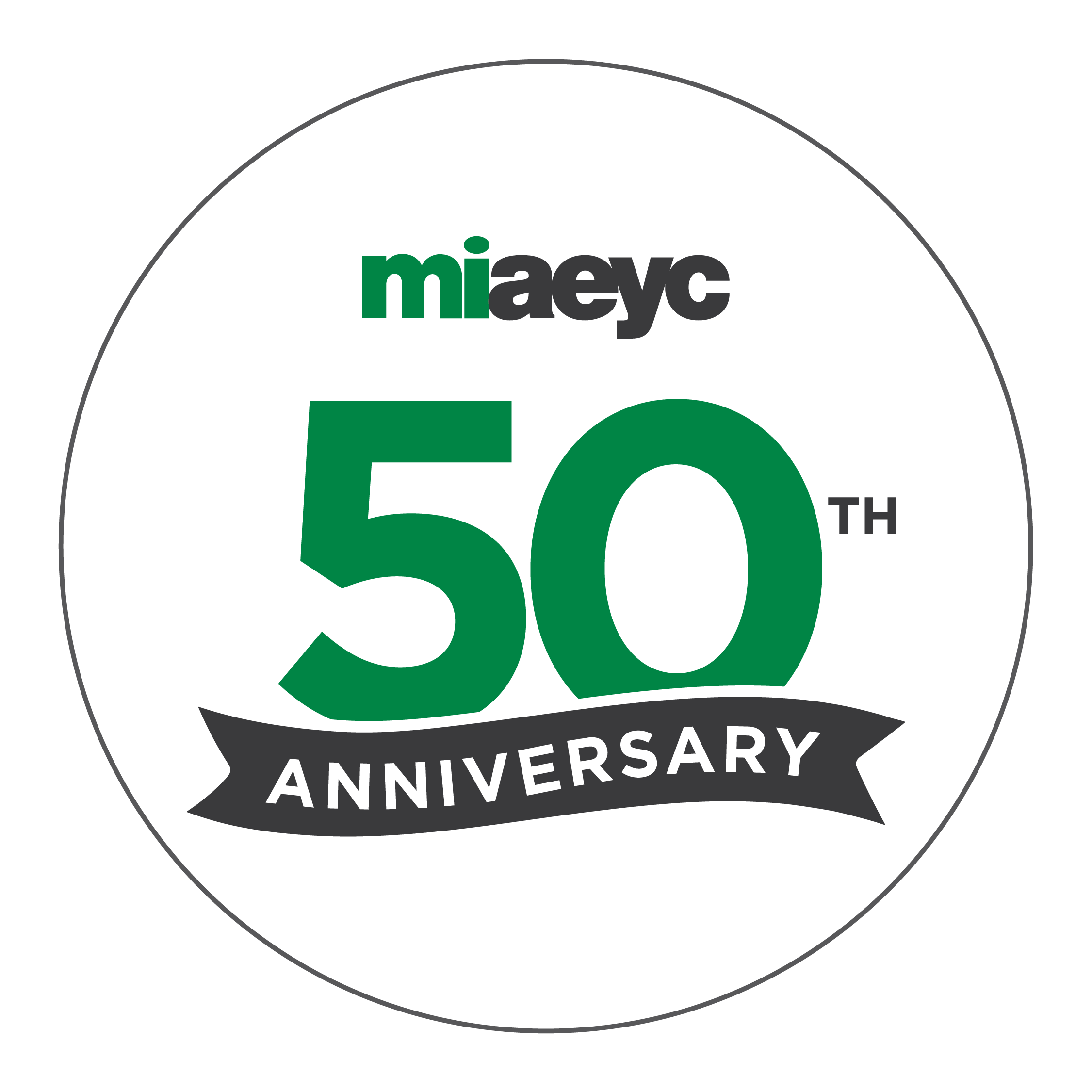About
Mission
The mission of the Michigan Association for the Education of Young Children is to promote high-quality early learning for all children, birth through age 8, by connecting practice, policy, and research. We advance a diverse, dynamic early childhood profession and support all who care for, educate, and work on behalf of young children.
Vision
The vision of the Michigan Association for the Education of Young Children is that all children thrive and learn in a society dedicated to ensuring they reach their full potential.
Values
Our core values are defined in the NAEYC Code of Ethical Conduct and are deeply rooted in the early childhood profession. In addition, we seek to be a high-performing, inclusive organization that is enriched by and continually grows from our commitment to diversity, as embodied by our core beliefs.
Core Beliefs
Equity & Opportunity
We advocate for policies, practices, and systems that promote full and inclusive participation. We confront biases that create barriers and limit the potential of children,
families, and early childhood professionals.
Collaborative Relationships
We share leadership and responsibility in our work with others. We commit time and effort to ensure diverse participation and more effective outcomes. We act with integrity,
respect, and trust.
Reflection
We consider multiple sources of evidence and diverse perspectives to review past
performance, note progress and successes, and engage in continuous quality improvement.
Excellence & Innovation
We are imaginative risk takers willing to challenge assumptions while being accountable to our mission and fiscally responsible.
Transparency
We act with openness and clarity.
Core Values
- Appreciate childhood as a unique and valuable stage of the human life cycle.
- Base our work on knowledge of how children develop and learn.
- Appreciate and support the bond between the child and family.
- Recognize that children are best understood and supported in the context of family, culture, community, and society.
- Respect the dignity, worth, and uniqueness of each individual (child, family member, and colleague).
- Respect diversity in children, families, and colleagues.
- Recognize that children and adults achieve their full potential in the context of relationships that are based on trust and respect.

